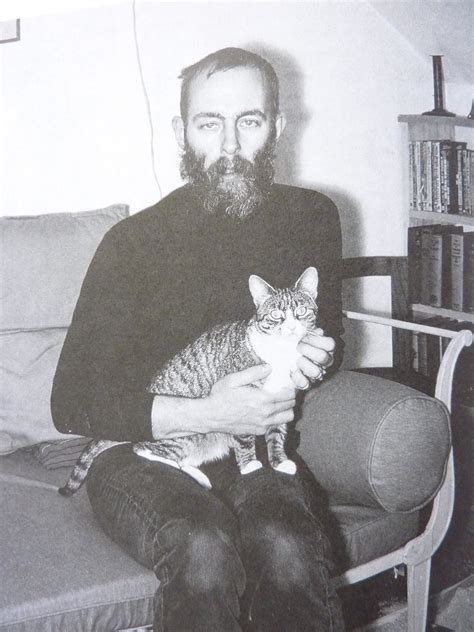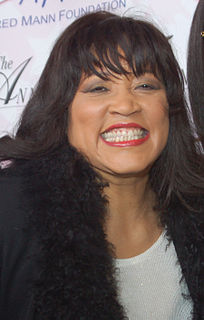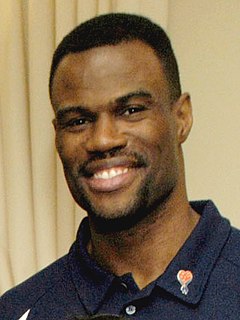A Quote by Alexander Theroux
Will I have to use a dictionary to read your book?" asked Mrs. Dodypol. "It depends," says I, "how much you used the dictionary before you read it.
Related Quotes
Actually if a writer needs a dictionary he should not write. He should have read the dictionary at least three times from beginning to end and then have loaned it to someone who needs it. There are only certain words which are valid and similes (bring me my dictionary) are like defective ammunition (the lowest thing I can think of at this time).
I read everything. I'll read a John Grisham novel, I'll sit and read a whole book of poems by Maya Angelou, or I'll just read some Mary Oliver - this is a book that was given to me for Christmas. No particular genre. And I read in French, and I read in German, and I read in English. I love to see how other people use language.
Fandango was around before the Internet. Fandango is a Spanish-American dance. It's a lively tempo dance. It's almost like the tango. That's what it says in the Merriam-Webster [dictionary]. The second entry is [defined as] 'tomfoolery.' That's what it says in the dictionary, that's what I go by. I remember Queen saying it too on 'Bohemian Rhapsody.' When I was little I never understood what they meant by 'do the fandango.
The dictionary is like a time capsule of all of human thinking ever since words began to be written down. And exploring where words have come from can increase your understanding of the words themselves and expand your understanding of how to use the words, and all of this change happens in your thinking when you read the words.






































